PCOD, or Polycystic Ovarian Disease, seems to be a chemical disorder that affects roughly 5-10% of females in reproductive age. PCOD occurs between 9 and 22% of Women in India, depending on the region, and Sri Lanka and China have rates ranging from 2 percent to 7 percent.
In this situation, a female’s hormones are out of whack. It can cause a variety of symptoms, such as irregular menstruation, trouble reproducing, excess weight, pimples, and scalp psoriasis. It’s possible that PCOD, commonly defined as Polycystic Ovarian Syndrome, might develop to other health issues, including hypertension, overweight, cardiovascular disease, as well as high blood cholesterol if that’s not controlled.
CContents
Causes of PCOD
PCOD is a disease of the endocrinology system. The system of hormone-producing organs regulates sexual and reproductive function as well as sleep and stress. The aetiology of PCOD is still a mystery, and it likely differs across individuals. Genes, behaviour, way of life and surroundings may always play the role.
Genetics
PCOD is most likely genetically transmitted within families, and this indicates that having a first-degree family with bipolar illness increases the likelihood of having the disease oneself.
According to one study, persons with PCOD are four times more likely than the general population to have a mother or a sister who has the disease. According to another study, conjoined twins had roughly double the likelihood of having PCOD as non-identical twins or siblings. It’s still not known which genotypes are linked to PCOD risk.
In order to better understand genetic variations in a person’s ability to produce and respond to specific hormones, including those linked to the brain-ovary relationship or insulin or androgen hormones, scientists are researching on them. In the time going up to an egg being released, there can be genetic variations.
Another hypothesis says that certain people are more susceptible to PCOD because of variations in how energy and weight are managed.
Insulin
Hormonal imbalances may be a result of high insulin levels in PCOD patients. To process sugar/glucose, insulin is necessary, and insulin serves another purpose: it informs the ovaries to generate testosterone.
Whenever somebody is resistant to insulin, their body responds by producing extra insulin in order to compensate for their reduced insulin sensitivities for sugar processing.
As a result, testosterone levels rise, slowing or stopping the development and discharge of eggs within the ovary and suppressing the synthesis of menstrual cycle-supporting hormones like oestrogen and progesterone, which are possible side effects.
Inflammation
It occurs when the tissue gets red, swells, and gets warmer than normal due to an accident or illness. When you get a scratch or sprain your ankle, you’ll witness inflammation in action.
However, inflammation can occur within the body as a result of sickness, obesity, stress, or even heredity. Inflammation, like insulin resistance, leads the system to generate more insulin, opening a channel to the synthesis of testosterone.
Chronic low-grade irritation, assessed by blood screenings for C-reactive proteins, are considerably more common in PCOD patients. It’s still not understood what causes irritation in PCOD patients at its core.
Conclusion
Under diagnosis and under treatment of PCOD are common occurrences. Symptoms might be slight or appear unconnected; therefore, this could be the reason for it.
Untreated PCOD, on the other hand, can result in a variety of more major health problems, as well as the disorder’s signs can be quite distressing. Infertility, Type 2 diabetes, non-alcoholic fatty liver disease, sleep apnea, cardiovascular disease, depression, and even uterine cancer are all possible side effects. PCOD should be identified and treated as soon as feasible in all instances with the assistance of a medical practitioner.

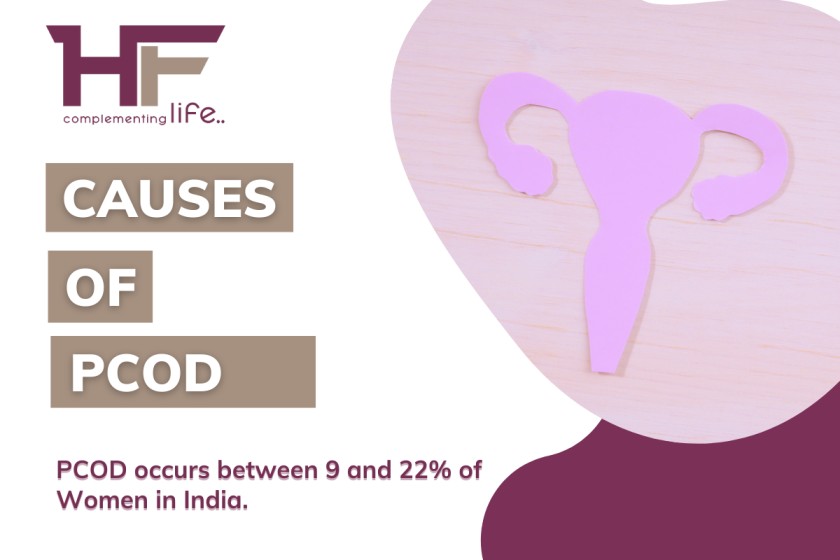
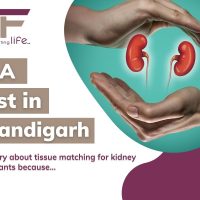
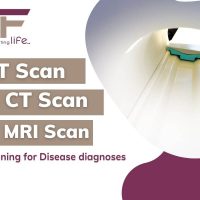
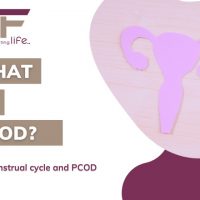

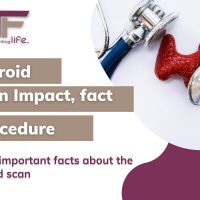



Comments